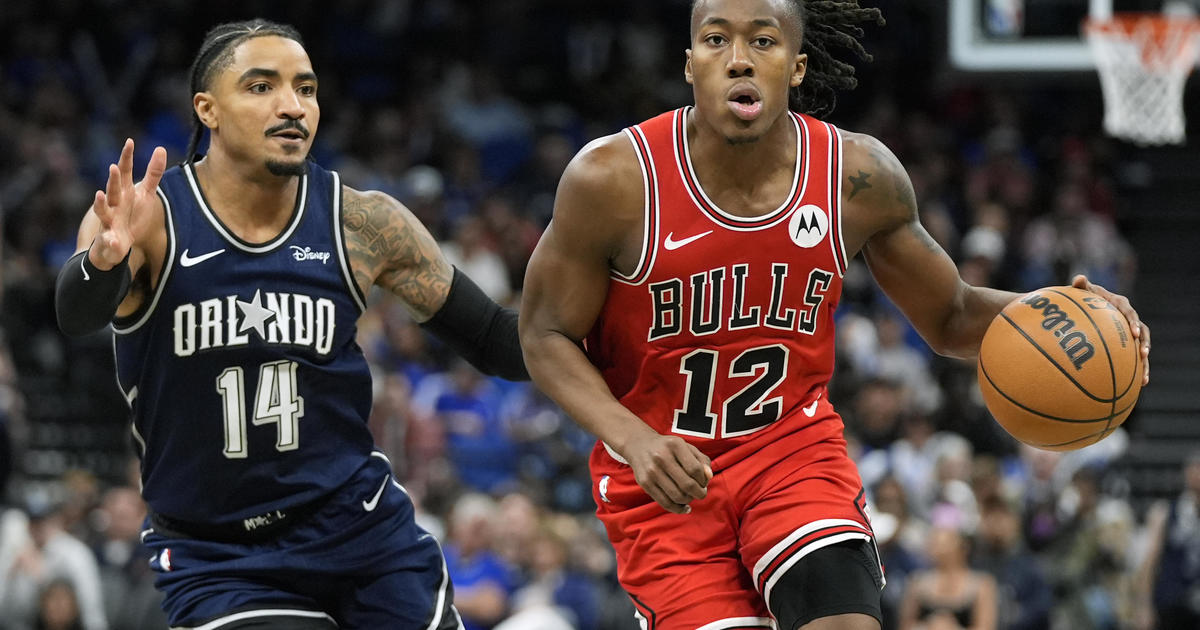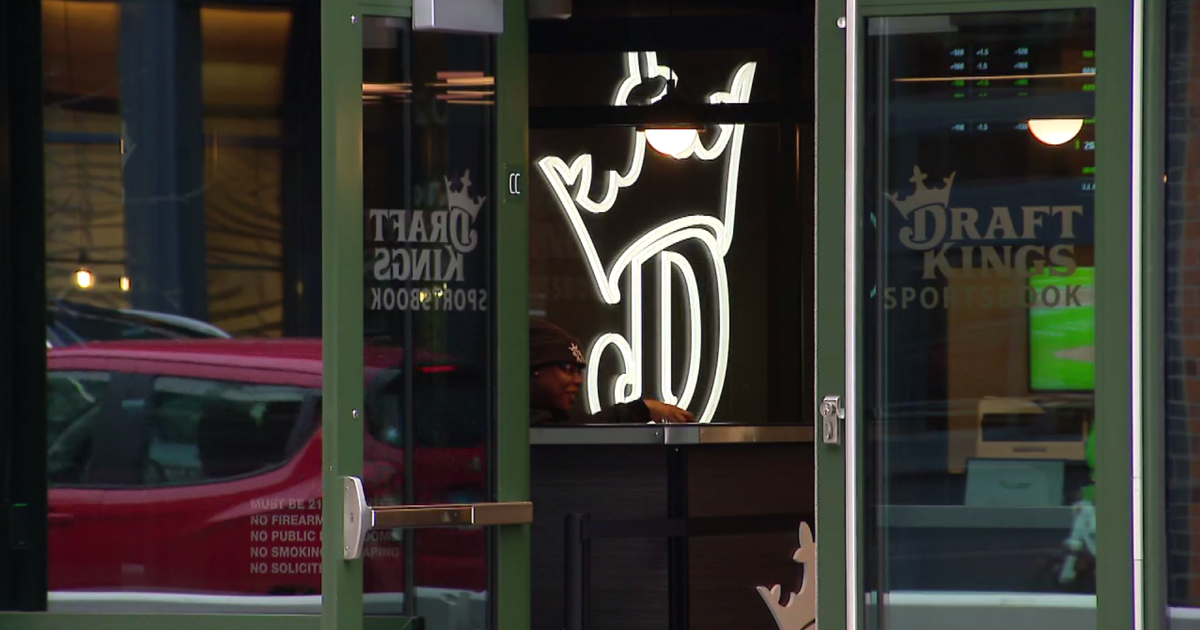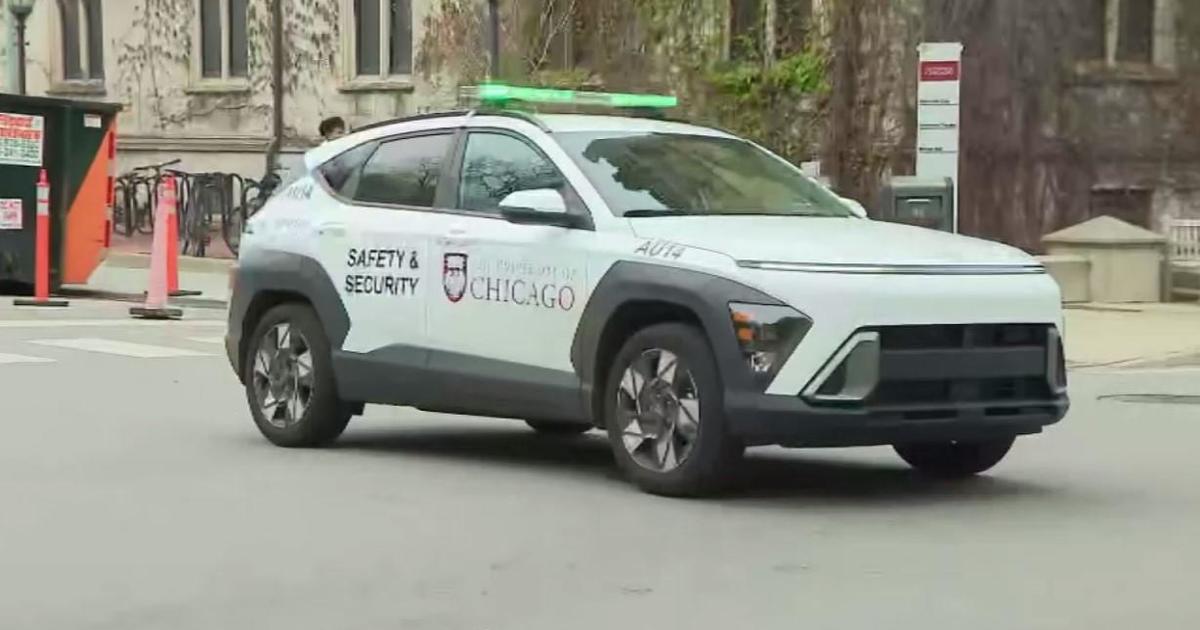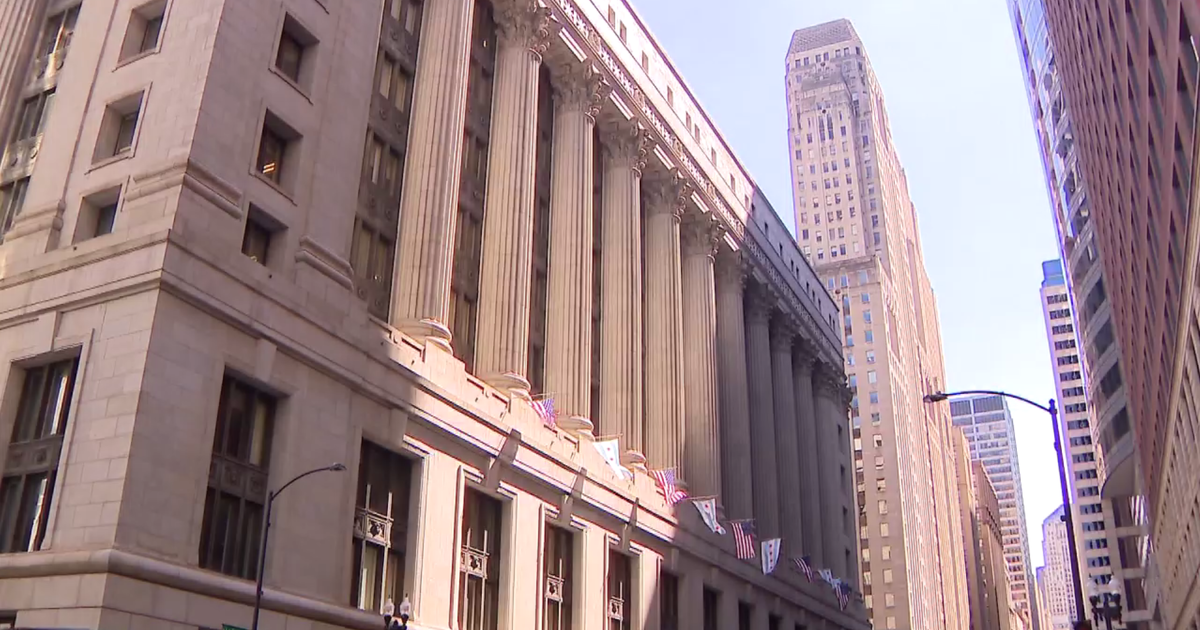Wisch: Maddux Should Be A Unanimous HOFer
By Dave Wischnowsky –
(CBS) Come next week, Greg Maddux will make the Major League Baseball Hall of Fame. But he almost certainly won't make it in the way he should.
And, no, I'm not talking him sporting a Cubs cap on his plaque.
(Although that would certainly be nice.)
Rather, I'm talking about "Mad Dog" making the HOF unanimously.
Each year, Baseball Think Factory's "Ballot Collecting Gizmo" tracks the Hall of Fame elections by collecting every ballot posted online by voters. As of this morning, the Gizmo had collected 80 full ballots – only 14 percent of the vote, mind you – but was projecting that Maddux, Tom Glavine, Frank Thomas and Craig Biggio are all on track to make the Cooperstown cut, which will be officially announced on Jan. 8.
According to the Gizmo, of the current HOF ballots made public, Biggio has appeared on 82.3 percent of them, Thomas 87.3, Glavine 98.7 and Maddux a cool 100. With that tally, USA Today on Monday speculated that Maddux's number to date "suggests he could break Tom Seaver's all-time record and receive more than 98.84 percent of the vote."
To which, I say, of course he should break that record. After all, during his remarkable 23-year career, all Maddux did was earn four Cy Young Awards, lead the NL in ERA four times, make eight All-Star teams, help lift his teams into the playoffs 13 times and win 355 games – the most of any right-handed pitcher since World War II. Oh, and he did it all during a PED-fueled era when scoring was at its highest level since the 1920s and '30s – without ever having even the slightest PED suspicion ever swirl abut him.
So, considering that resume, the question really isn't whether Maddux will make the Hall of Fame on his first ballot (he will) or even whether he'll break Seaver's record (he should). Rather, the question is, who wouldn't vote for Maddux and make him a unanimous inductee?
But, inexplicably, someone probably won't. Perhaps, based on history, even several someones.
This month while analyzing Maddux's HOF candidacy for SI.com, Jay Jaffe wrote, "In the discussions I've had regarding this year's Hall of Fame ballot, the crowded field of candidates and the ways the process might be improved, I've heard one sentiment repeatedly: 'Anybody who doesn't vote for Greg Maddux ought to have his ballot revoked.'"
Maybe they should. But, Maddux or no Maddux, what's truly nonsensical is that there's never before been a unanimous Hall of Famer. As previously mentioned, Seaver owns the record, earning 98.84 percent of the vote in 1992. According to Jaffe, in the 21 elections since, only six of the 29 players elected by the BBWAA have even surpassed 95 percent: Steve Carlton (95.82 percent in 1994), Mike Schmidt (96.52 percent in 1995), George Brett (98.19 percent in 1999), Nolan Ryan (98.79 percent in 1999), Tony Gwynn (97.61 percent in 2007) and Cal Ripken (98.53 percent in 2007).
Of those players, I don't know how someone couldn't consider them to be first-ballot HOFers (heck, I'd argue they were all greater than Seaver). But I find it even more ridiculous to think that Hank Aaron (97.83), Babe Ruth (95.13), Willie Mays (94.81), Ted Williams (93.38) all fell well short of 100 percent. Heck, Joe DiMaggio (88.84 percent), Mickey Mantle (88.22) and Sandy Koufax (86.67) didn't even crack the 90th percentile.
That's just dumb.
Really, I think baseball should have first-ballot Hall of Famers (the super elites) and second-ballot Hall of Famers (the rest of the elites). And that's it. Because, honestly, either you're a HOFer, or you're not. And if you are, voters shouldn't have any good reason to wait longer than two years to induct you. It's not as if your numbers improve 10 years after you've been on the ballot. But baseball has never operated that way, and Jaffe reported this month that even Seaver's record may be out of reach for Maddux considering that last year five voters mailed blank ballots in protest of the number of PED-tainted candidates on the ballot.
"Those votes count in the total, so in an election where 569 ballots were cast, the maximum percentage any candidate could have gotten would have been 99.12 percent," Jaffe writes. "Assuming those same numbers apply to this year's ballot, Maddux could only afford to have one other voter not include him among their 10 and still surpass Seaver."
Jaffe goes on to explain that, "Setting aside resident BBWAA curmudgeon Murray Chass' threat/promise to vote for Jack Morris and nobody else, it's not difficult to see how a voter could leave Maddux off as part of a game-theory strategy, particularly with more than 10 qualified candidates. If you're a voter who wants to make sure that the candidacy of Mike Mussina or Edgar Martinez doesn't go unnoticed, or that Morris needs your vote in his final year of eligibility, or that Roger Clemens and Barry Bonds are finally worthy of your vote after you withheld it last year, you might conclude that Maddux doesn't need your vote, and write in another name instead.
"Doing so might be considered a perversion of the process in the eyes of some, but with the BBWAA thus far sticking to the 10-candidate limit on the individual ballots, it's inevitable that someone will go this route."
In closing his analysis of Maddux's candidacy, Jaffe shared his opinion that, "Ultimately, it probably doesn't matter. Greg Maddux is going to be elected to the Hall of Fame in a landslide, and deservedly so."
He deserves more than a landslide, though. Maddux deserves 100 percent.
And baseball probably deserves a simpler and more sensible voting process.



